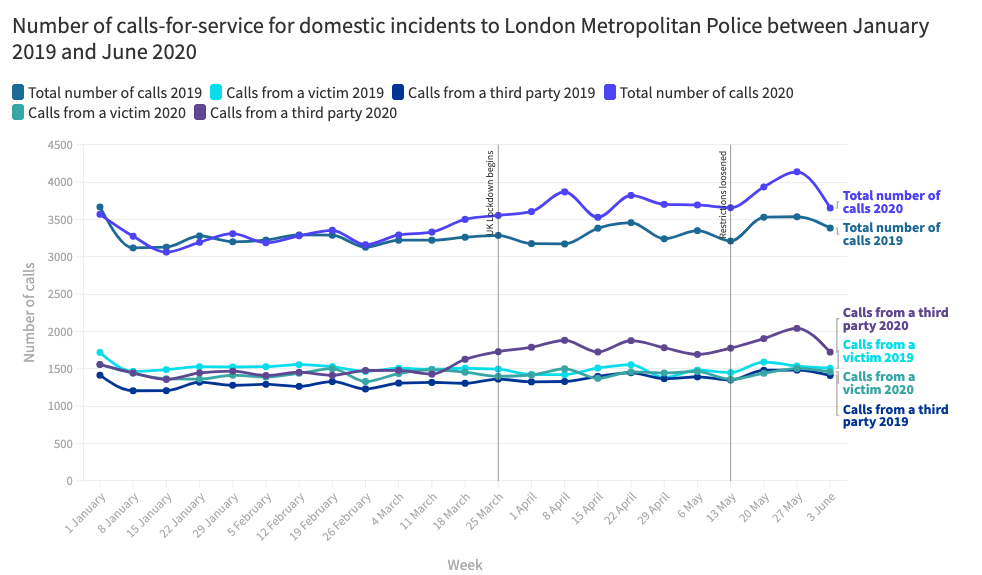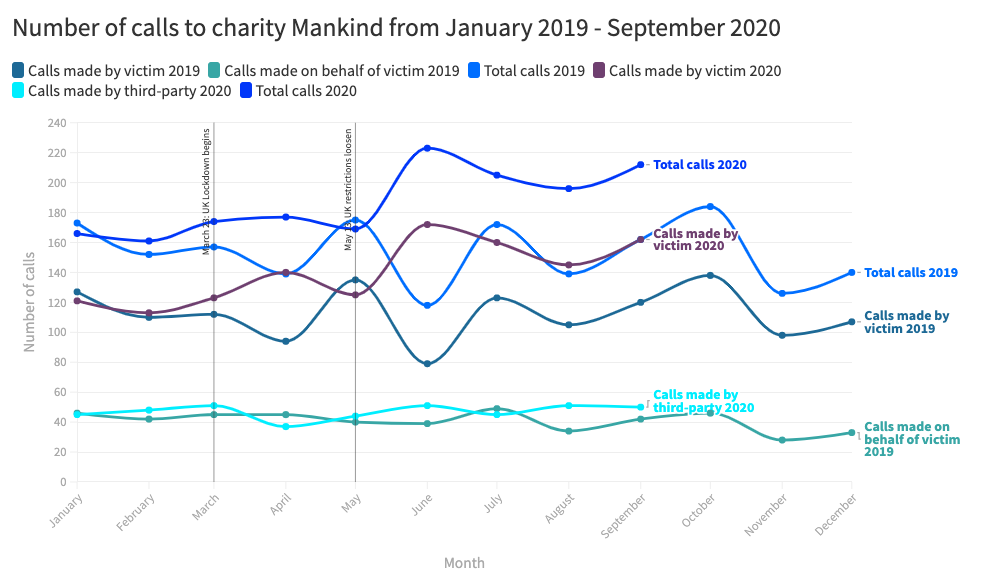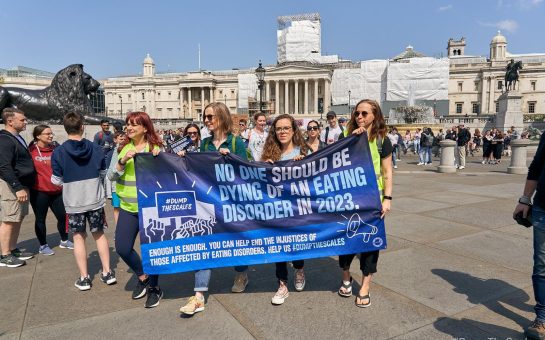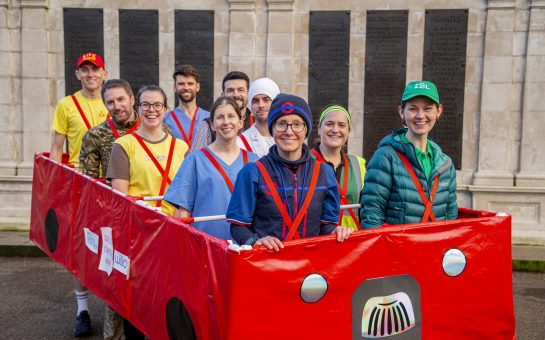The Metropolitan Police and domestic violence services saw an increase in calls reporting domestic abuse after lockdown restrictions were lifted.
Millions of people worldwide shut their doors and hunkered down as much of the planet entered some form of lockdown due to the Covid-19 pandemic.
Lockdowns meant heightened stress and less chance for respite from abuse for victims. The June Survivors Survey, conducted by Women’s Aid, found that 61.3% of those surveyed said abuse increased after the lockdown.
Data from London’s Metropolitan Police showed a rise in the number of domestic violence calls to police this year. But, this rise was not during the first lockdown. It was aligned almost perfectly with when restrictions started to lift.

While the majority of domestic violence is perpetrated against women, men are victims too. Data from the men’s domestic violence charity Mankind also showed the greatest month-by-month increase in calls was between May and June when calls increased by 31.95%.
UK restrictions were partially lifted on May 13. When the UK first entered lockdown, the number of calls to its services barely increased between March and April 2020, with 174 calls in March and 177 in April.

Dr Caroline Bradbury-Jones, a researcher at the University of Birmingham who released an editorial paper on domestic violence at the start of lockdown, said: “I think a lot of it is actually unavailability to get to a place where you could make a phone call or call a helpline doesn’t necessarily mean that the incidence of domestic violence were happening at that time necessarily.”
While the first lockdown increased the severity of domestic violence, it also reduced any opportunity to seek help and escape abusive situations – leading to the rise in calls after restrictions were lifted.
“When restrictions are lifted, people go back to some state of work or are not necessarily in the same domestic space as the other person. So the opportunities for calling helplines increase,” Bradbury-Jones said.
“It means that those opportunities are more available to actually do something or to make contact or to reach out. And I also think it’s important to recognize that and so is this the case with, with all statistics anyway, and they’re always going to be partial. And always partially going to capture the true extent of a problem.”
Reasons for this rise after the restrictions lifted can also be explained by data from a report from the charity Women’s Aid. In their Survivor Survey, conducted in June, 48.4% of respondents said they felt they couldn’t get away or leave because of the pandemic.
Nearly 70% said they had no one to turn to, and 35.5% of respondents said they were afraid of going to a refuge service in the pandemic.




